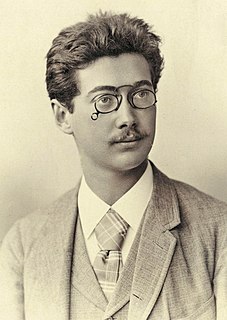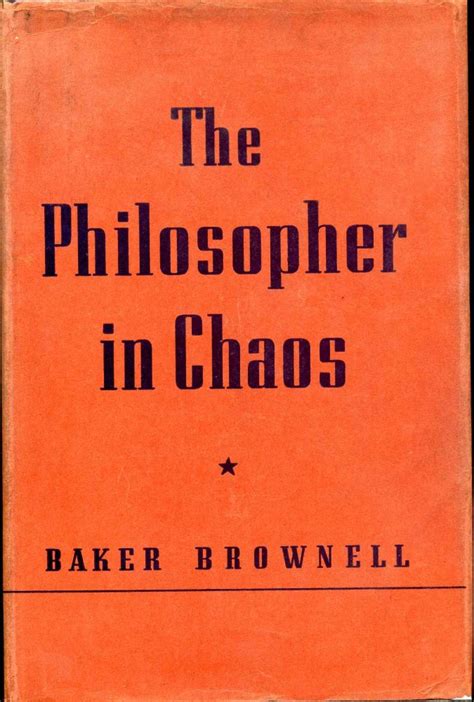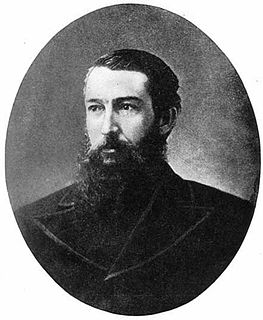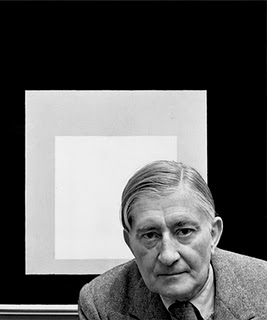A Quote by T. S. Eliot
When we read of human beings behaving in certain ways, with the approval of the author, who gives his benediction to this behavior by his attitude towards the result of the behavior arranged by himself, we can be influenced towards behaving in the same way.
Related Quotes
The way one behaves and feels as a Dutchman and Dutchwoman is the result of a long development. It is by no means 'the natural way' or 'the human way' of behaving, it is a particular code of behavior which has developed over the years. And these people, the immigrant people, come from a group where different standards of conduct and behavior have developed. What clashes are these two standards of conduct and behavior.
The State is a condition, a certain relationship between human beings, a mode of behavior; we destroy it by contracting other relationships, by behaving differently toward one another....We are the state, and we shall continue to be the state until we have created the institutions that form a real community and society of men.
Art arises in those strange complexities of action that are called human beings. It is a kind of human behavior. As such it is not magic, except as human beings are magical. Nor is it concerned in absolutes, eternities, "forms," beyond those that may reside in the context of the human being and be subject to his vicissitudes. Art is not an inner state of consciousness, whatever that may mean. Neither is it essentially a supreme form of communication. Art is human behavior, and its values are contained in human behavior.
Do what he will, he [the profane man] is an inheritor. He cannot utterly abolish his past, since he himself is a product of his past. He forms himself by a series of denials and refusals, but he continues to be haunted by the realities that he has refused and denied. To acquire a world of his own, he has desacralized the world in which his ancestors lived; but to do so he has been obliged to adopt an earlier type of behavior, and that behavior is still emotionally present in him, in one form or another, ready to be reactualized in his deepest being.







































